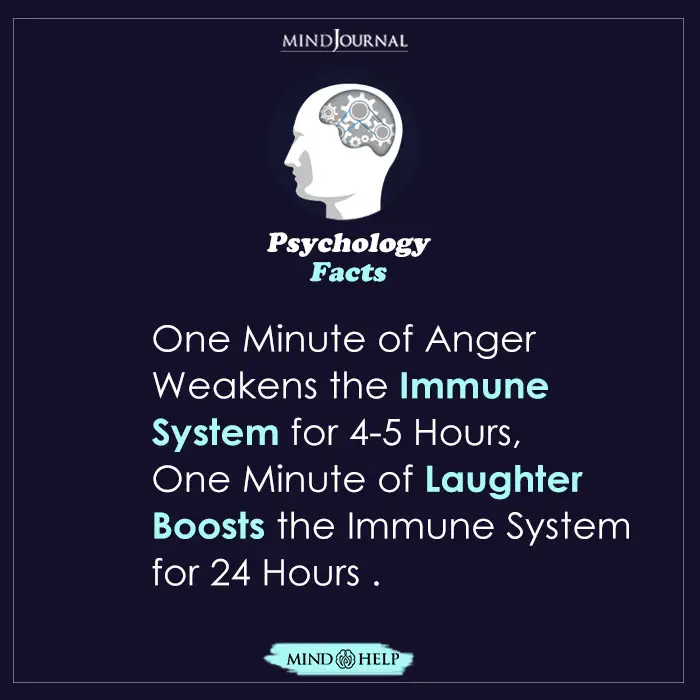Don’t let anger control your emotions! Discover the phrase to avoid when you’re angry and learn how to express your feelings in a constructive way.
In our daily lives, it’s inevitable that we encounter situations that evoke anger within us. While anger itself is a normal emotion, how we express it can either lead to resolving the problem or exacerbating it further.
Stef Ziev, a renowned life coach and advocate for discovering one’s life purpose, offers valuable guidance on what to say when you are angry, and effective communication, even in the face of conflict.
According to CNBC, Ziev addresses that, one crucial aspect to express anger in a healthy way is to give it a voice, acknowledge it, and name it. By doing so, we can separate our emotions from the actions of others, recognizing that each individual brings their own experiences, history, and wounds into any interaction.
Related: 8 Strategies to Work Through Anger and Resentment
The #1 Phrase To Avoid When You’re Angry
Instead of saying, “You make me feel…,” Ziev suggests naming the specific behavior that triggered us and describing the subsequent experience.
For instance, rather than accusing a colleague of making us upset by disregarding our advice in meetings, a more constructive approach would be to say, “When you don’t consider what I suggest, I feel undervalued or it’s difficult for me.”
Moreover, Ziev emphasizes the importance of processing our emotions before responding. When we are upset, it can be challenging to consider the feelings of others.
Ziev recommends being mindful of our emotional state and taking a moment to reflect on who is “sitting at the head of our table.” If we find that we are not in the optimal mindset to address the problem calmly and rationally, she suggests excusing ourselves from the conversation until we regain composure.

Related: How to Overcome Reactive Anger and Frustration
To release pent-up emotions, Ziev proposes writing them down, even if it’s just a scribble or a string of expletives. The act of physically expressing our feelings through writing allows us to release negative energy.
Once finished, we symbolically let go of those emotions by tearing up the paper and discarding it. Finally, it is essential to contemplate what we need for the issue to be resolved.
6-Step Blueprint To Express Anger In A Healthy Wa
When we are in a better emotional space and have scheduled a time to talk, Ziev presents a six-step approach to addressing the problem.
1. Set the Intention
Begin by setting a clear intention for the conversation. Define your goals and what you hope to achieve from the discussion. This provides a focused direction and helps create a positive outcome.
2. Bring Awareness
Share your experience of how the interaction impacted you, but avoid making it personal. Focus on the behavior or actions that triggered your anger, rather than blaming the other person. This promotes understanding and prevents the situation from escalating.
3. Take Responsibility
Acknowledge your own role in the conflict. Reflect on how your actions or reactions might have contributed to the problem. By taking responsibility, you demonstrate accountability and create an atmosphere of mutual understanding.
4. Make Specific Requests
Identify what you need in order to move forward and resolve the issue. Be clear and specific in articulating your requests, ensuring that they are reasonable and achievable. This empowers you to communicate your needs effectively and promotes constructive dialogue.
5. Foster Partnership
Engage the other person in a collaborative approach by asking them what they would need from you to fulfill your request. By actively involving them in the process, you encourage a sense of shared responsibility and foster a cooperative environment for finding solutions.
6. End on a Positive Note
Conclude the conversation in a positive and appreciative tone. Express gratitude for the other person’s willingness to engage in a discussion about resolving the conflict. Acknowledge the effort and care required to approach the situation openly. By doing so, you promote goodwill and leave room for future growth and improved communication.
Our ability to communicate effectively and constructively can lead to profound changes in our personal lives and the world at large.
Stef Ziev’s insights provide us with valuable tools to express our emotions in a healthy manner. By naming our emotions, taking time to process them, and addressing the issue, we can transform conflicts into opportunities for growth, understanding, and meaningful connection.
As we express anger in a healthy way and cultivate effective communication skills, we have the power to change not only our individual lives but also the collective human experience.
Related: Anger Management 101 And Beyond
So make sure you’re mindful of which phrase to avoid when you’re angry! Share your thoughts in the comments below!









Leave a Reply
You must be logged in to post a comment.